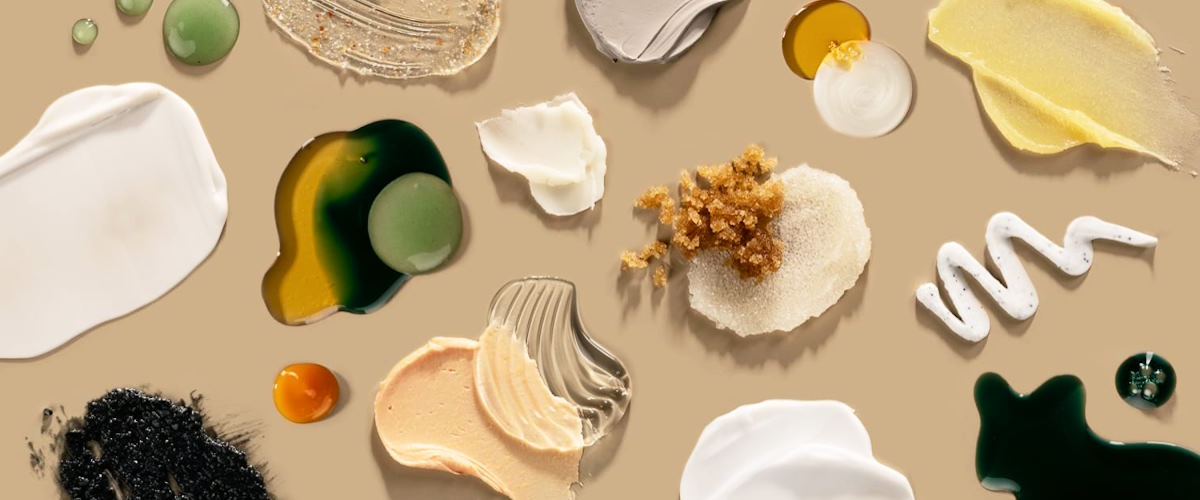
Understanding the Role of Antibacterial Skincare Ingredients
We’re all familiar with how acne and other skin issues can feel like a never-ending battle. What if the key to winning this battle lies in keeping bacteria in check? That’s where antibacterial skincare ingredients come into play. Imagine your skin as a fortress, and these ingredients are the guards standing watch, preventing harmful invaders from breaking through.
What Are Antibacterial Ingredients?
So, let’s start with the basics. What exactly are antibacterial ingredients, and why are they important for your skin?
Antibacterial ingredients are substances that help fight bacteria. When we think of bacteria, we often picture something harmful, like the germs that cause illness. However, not all bacteria are bad. Your skin hosts a variety of bacteria, some of which help keep it healthy. But when harmful bacteria take over, problems like acne, skin infections, or inflammation can pop up.
This is where antibacterial ingredients come in. They target and kill the harmful bacteria, allowing the good bacteria to thrive. These ingredients can be found in cleansers, lotions, spot treatments, and even face masks. They help prevent bacterial overgrowth, reduce acne-causing bacteria, and even support the healing process for wounds and skin irritations.
Common Antibacterial Ingredients in Skincare
Here’s a list of some of the most popular antibacterial ingredients you’ll find in skincare products:
| Ingredient | How It Works | Common Uses |
| Tea Tree Oil | Known for its natural antibacterial and anti-inflammatory properties. | Acne treatments, blemish creams |
| Benzoyl Peroxide | Kills acne-causing bacteria and helps to dry out excess oil. | Acne treatment, face washes |
| Salicylic Acid | Exfoliates and helps clear clogged pores while reducing inflammation. | Acne products, exfoliants |
| Triclosan | Synthetic antibacterial agent, effective in killing bacteria. | Antiseptic skincare products |
| Manuka Honey | Naturally fights bacteria and promotes healing. | Wound healing, masks, moisturizers |
How Do Antibacterial Ingredients Work?
Now that we know what antibacterial ingredients are, let’s talk about how they actually work. Imagine your skin as a castle, and bacteria are the invaders trying to break in. Your skin has its own defenses, but when the invaders are too strong or too many, things like acne or infections can occur. Antibacterial ingredients act as the castle’s guards, stopping the bad guys before they cause too much damage.
Here’s a breakdown of how some of these ingredients do their job:
Tea Tree Oil
Tea tree oil is a superstar when it comes to fighting acne. Its antibacterial properties work by breaking down the cell walls of harmful bacteria, preventing them from multiplying. It also reduces inflammation, which helps with the redness and swelling that often accompany breakouts.
Benzoyl Peroxide
Benzoyl peroxide is a common ingredient found in acne products. It kills the bacteria that cause acne, but it also helps to reduce the amount of oil on the skin. This combination makes it effective for treating and preventing acne. However, it can sometimes cause dryness, so it’s best to use it sparingly.
Salicylic Acid
Salicylic acid isn’t just antibacterial; it’s also an exfoliant. It works by penetrating deep into the pores to clear out dead skin cells and oil, preventing them from clogging the pores and causing acne. It’s a great option for oily or acne-prone skin, but it can be drying if overused.
Manuka Honey
Manuka honey is one of nature’s most effective antibacterial agents. It’s packed with enzymes that fight bacteria and help the skin heal. It’s often used in wound healing and soothing irritated skin, making it perfect for sensitive skin types.

Benefits of Antibacterial Skincare Ingredients
So, why should you care about incorporating antibacterial ingredients into your routine? Well, these ingredients offer a wide range of benefits for your skin. Here’s a quick look at some of the top advantages:
1. Acne Prevention
The most common use of antibacterial skincare is to fight acne. Since acne is often caused by an overgrowth of acne-causing bacteria, antibacterial ingredients help control this by reducing the bacteria on your skin. Ingredients like tea tree oil, benzoyl peroxide, and salicylic acid are all known for their ability to treat and prevent breakouts.
2. Fighting Skin Infections
If you’ve ever had a cut or scrape get infected, you know how important it is to keep the area clean. Antibacterial ingredients, especially ones like manuka honey, are great for preventing infection and speeding up the healing process.
3. Soothing Inflammation
Some antibacterial ingredients, like tea tree oil and manuka honey, are also anti-inflammatory. This means they can reduce redness, swelling, and irritation in addition to fighting bacteria. For sensitive or acne-prone skin, this can make a big difference in improving overall skin texture.
4. Promoting Overall Skin Health
By keeping harmful bacteria at bay, antibacterial ingredients also help maintain a healthy skin microbiome. This balance of good and bad bacteria on your skin is essential for its long-term health. When the balance is off, it can lead to issues like acne, rosacea, and dryness.

